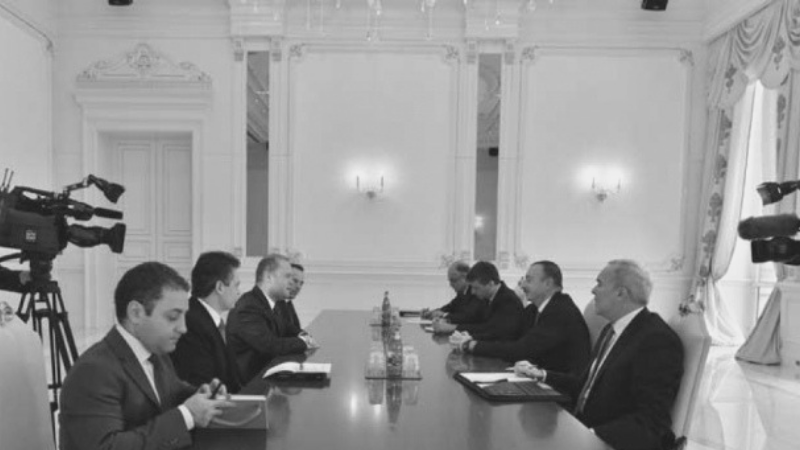Transparency International has criticised the International Monetary Fund (IMF) for its failure to mention corruption in its country report for Malta, despite IMF estimates that corruption around the world is costing the public purse US$1 trillion.
Transparency international has said Malta’s annual banking report mentioned money laundering several times but it never mentioned corruption, despite recent European Parliament resolutions on the issue.
New IMF research shows that curbing corruption would deliver an additional US$1 trillion in tax revenues annually across the world, money that could support much needed investments in health, education and infrastructure, Transparency International said.
The IMF report for Malta was published in February – the same month the European Commission released its report on Malta which mentioned corruption no less than 20 times. The Commission’s report referred to an “unprecedented wave of controversies concerning the integrity of senior government officials up to the highest level”.
But the IMF ignored the problem. While failing to mention corruption, it did refer to the withdrawal of Pilatus Bank’s license by the ECB as an example of Malta’s poor supervision. It referred to “general and systemic shortcomings in the Financial Intelligence Analysis Unit’s (FIAU) application of the national rules that transposed European anti-money laundering directives”.
The IMF report strongly advised the Maltese government to take urgent action to contain financial integrity risks: “First and foremost, supervisory resources at both the FIAU and Malta Financial Services Authority (MFSA) should be increased and steps should be taken to improve the understanding of risks and enhance their identification through intrusive, risk-based supervision.”
The Council of Europe’s Group of States against Corruption (GRECO) released its final report on Malta in April, calling for action against corruption in Maltese institutions including the government. GRECO said the Commission Against Corruption in Malta has not produced concrete results in 30 years.
TI analysed 60 IMF reports published after the new anti-corruption framework took place, and then compared the findings with the previous years’ reports from each country. They found IMF references to terms such as “bribery,” “anti-corruption” and “money laundering” more than doubled, with the word “corruption” seeing an increase of over 220%.
Yet, the IMF’s willingness to endorse the term was not balanced across countries. There was no reference to corruption in Malta, Portugal and Singapore despite issues, while countries including South Africa, Brazil and Malaysia each got over 40 references.
Transparency International is calling for more openness. It is also making the case that civil society and anti-corruption specialists should be consulted in IMF assessments so that society can openly address corruption and return the vast sums of money into public institutions instead.
They are calling for progress on how the IMF actually measures corruption and its negative effect on economies. The international organisation said it must also address the issue of how failure to address money laundering in a particular country can impact surrounding countries.
“Only by working collaboratively can we address corruption and return that US$1 trillion to the public purse,” Transparency International said.












